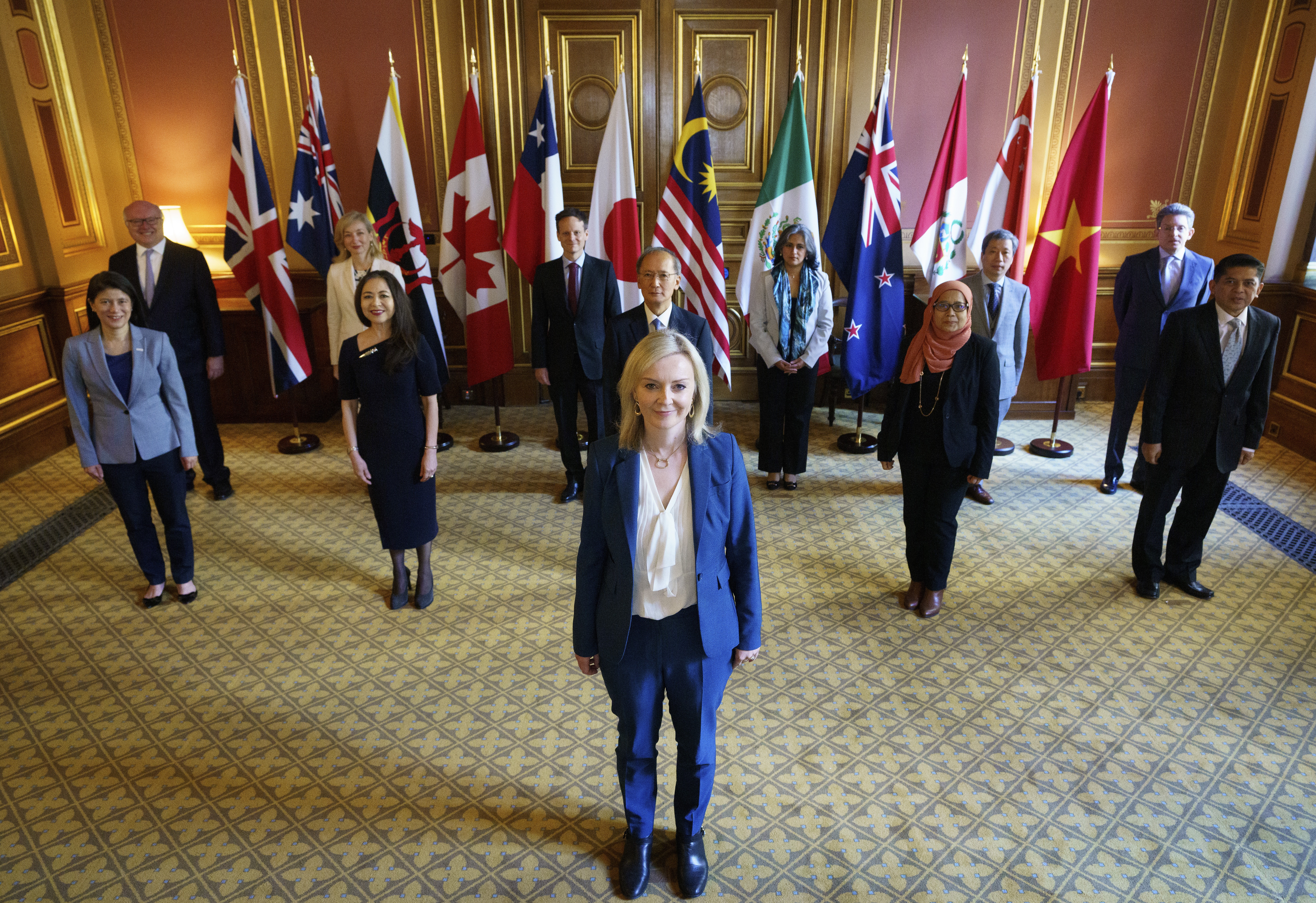
There is the EU memory of the UK as the awkward odd one, always demanding exemptions and rebates, constantly complaining about Commission overreach. Then there is the conflicting recollection of the UK as the arch-pragmatist in Council, finding creative solutions while never losing sight of its policy agenda, under different governments, of an open EU and thriving single market.
Both remembrances of the UK can be correct, even within the same administration. The handbag wielding Mrs Thatcher could also be the PM instructing her Commissioner Lord Cockfield to find ways to establish the single market. John Major and Tony Blair increased engagement while retaining opt-outs. As the EU headed towards a referendum then dealt with the aftermath, David Lidington became one of the longest serving Ministers at General Affairs Council.
It isn’t though just a question of history, for while commission officials may be unsurprised at the move from awkwardness to apparent aggression, businesses and previously allied diplomats are asking the question of what happened to the pragmatism? This comes in response to both the UK’s negotiating tactics and an apparent foundational policy of enmity and distance. This position is widely seen as leaving the UK somewhere between irritation and irrelevance in European matters, with business on both sides suffering.
If anything, in the recent speeches of PM Boris Johnson and EU negotiator Lord Frost, hostility is increasing, with the entire period of the UK’s membership of the EU now described as a mistake, and EU members suggested as fundamentally undemocratic and bringing populism on themselves. Diplomacy or the consideration of UK economic interests appear to have disappeared entirely. The prospect of considerable regulatory divergence, notwithstanding the lack of interest from business and convergent global trends opposite, is once again being raised.
To a certain extent the post-Brexit aggression is understandable. There was always going to be a need to show the benefits of independence however defined, while the culture of EU-bashing is far too embedded in UK media to be jettisoned, even if the costs are now higher as non-members given the stark difference in how the EU treats third countries as compared to members. That was, to a certain extent, priced in to commentator calculations from 2019.
However, there are now real concerns about whether the UK’s path is now towards permanent hostility towards the EU. This would be a UK in which divergence and threats are always more important than economic interests, where a trade war with the nearest markets is not something to be worried about if absolute sovereignty over Northern Ireland is not possible, where small disputes over fishing licenses threaten major consequences. More worrying of all, where the UK government implicitly has the policy of breaking the EU, in which case we will have moved from pragmatic cooperation to a virtual cold war.
Given the political developments in recent years in Poland, Hungary, and Turkey, and perhaps most of all what is happening with the Republican Party in the US, it would be foolish to dismiss the possibility of a permanently hostile UK on the EU doorstep. Yet, that remains the less likely scenario, for a series of interlinked reasons that include geography, the economy, current US administration, personality of the UK Prime Minister, likely successors, and global aspirations, and as can already be seen in actions if not so much words.
There are a number of factors, in turn:
- UK trade will remain strongly interlinked with European neighbours due to gravity, and the UK will still have more to lose from loose relations, as we are already seeing with weak future growth projections;
- While President Trump intrinsically welcomed Brexit given his poor EU relations, President Biden has reverted to the more traditional US foreign policy objective of European unity as a way of handling regional threats, and the power of the Irish lobby in Congress remains stronger than UK security ties for questions relating to the Northern Ireland protocol;
- Boris Johnson’s core political persona is a chameleon, who wants to be loved, rather than an ideologue, and this means he is inclined to reverse course when pressured by business or the US, as we have seen to a degree over fish, as well as various reversals over regulations such as extending deadlines to implement new chemicals or conformity assessment regulations;
- His likely successors will probably want to move on from Brexit as an issue, for fear of it being seen as unfinished business threatening their election, particularly as public support for Brexit as the right course is not increasing;
- Global trade deals and actions at the WTO will be more difficult if poor relations with the EU persist, partly through domestic actors pointing out the contrast in economic impact, partly because of the contrast in calling for global free trade while erecting significant regional barriers.
In short, economic geography and power politics suggest the UK will over time find a better relationship with the EU. It seems unlikely though that the undercurrent of hostility will disappear any time soon, meaning formalised deeper relations seem unlikely for some years. This in turn means that no existing deeper EU relationship model such as EFTA membership will continue to be appropriate at least in the near future.
A future UK government may thus find a new form of pragmatism, towards seeking tactical accommodations with the EU on broad areas such as regulatory alignment while not really admitting to this. Food, financial services and data will be among priority areas for such cooperation, with climate change measures such as carbon border pricing seriously considered.
All UK governments since 2016 have been puzzled by the way in which a neighbouring third country counts for so little compared to being a large member state, not least for how this goes against the popular narrative. If a new government starts to better understand better the choices available, seeking to return to international negotiating norms, it will be interesting to see how the EU responds. The UK after all may at that point be bruised but still an important power regionally and to an extent globally.
If the EU greet a future change with caution it would encourage a belief in the UK that the EU could never be reasonable. But such a view would be understandable given the UK’s approach to a date, plus the EU’s easy victories. To a large degree the EU’s UK negotiators have had an easy run. Arguably the only real concession made in five and a half years was when the original Northern Ireland backstop was replaced by an all-UK version, at a point when the UK government understood the issues and could make such a request. This though could be a preview of future choices.
For the time being under this UK government, it is hard to think beyond a grinding relationship of neighbours seeing the world in fundamentally different ways, tempered by grudging pragmatic back-tracking when threatened. Pragmatic UK has thus been mostly but not entirely replaced by an antagonist. However just as the balance has shifted from pragmatist to antagonist, there will at some time be a new position, for reasons we can already see. The balance of pragmatic and antagonistic UK will return, as a third country, at which point it will be for the EU to respond.
[“source=ecipe”]





















































